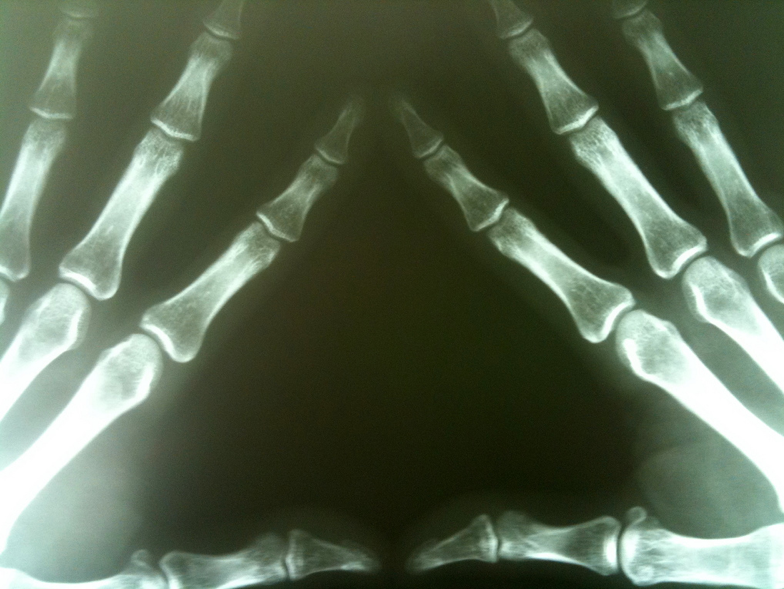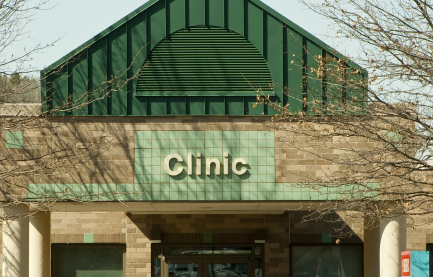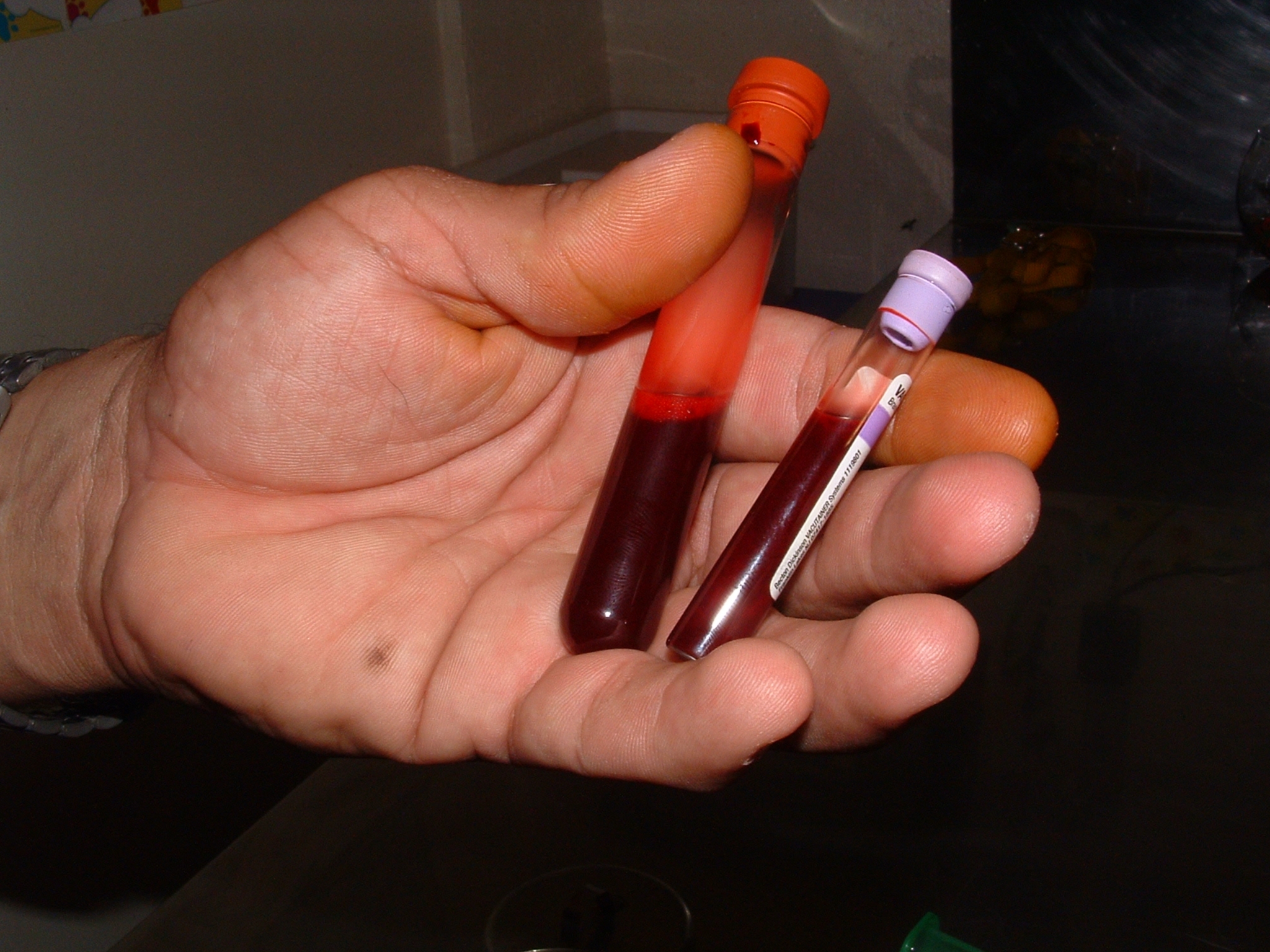Last Updated on February 3, 2020
January is Thyroid Awareness Month. The thyroid is a small hormone-secreting organ in the neck that helps regulate the body’s metabolic needs. When the thyroid isn’t producing enough hormone the body slows all of its functions, a condition known as hypothyroidism. Alternatively, an overactive thyroid could produce too much hormone sending the body’s systems into overdrive causing a condition called hyperthyroidism.
Your thyroid’s function is incredibly important to many of the body’s systems, including heart, brain, liver, kidneys, and skin. If something is wrong with the thyroid there are a wide variety of symptoms that may occur. Hypothyroidism often presents with pervasive fatigue, depression, weight gain, fluid retention, brittle hair/nails, dry/itchy skin, muscle pain/stiffness, slow pulse, sensitivity to cold or certain medications, and excessive or irregular menstrual bleeding. Symptoms vary from person to person.
Hyperthyroidism can present with high heart rate, anxiety or irritability, trembling hands, weight loss despite no change in diet/eating habits, muscle weakness, frequent loose bowel movements, and an accelerated loss of calcium in the bones increasing the risk of osteoporosis and fracture. Diagnosis of a thyroid disorder could be related to underlying issues, and often need confirmation from an endocrinologist.
Thyroid Awareness Month is an important time to learn about how your body functions. An abnormally behaving thyroid contributes to numerous health conditions, including serious mental and physical health issues. If you have questions or concerns, there are things to ask your doctor or pharmacist.
NeedyMeds has a Diagnosis Information Page about Hypothyroidism, a one-stop destination for information on the diagnosis as well as commonly prescribed medications linked to any available Patient Assistance Programs. We also have listings for Diagnosis-Based Assistance for thyroid cancer. For more resources for those in need, check our website Needymeds.org or call our toll-free helpline at 1-800-503-6897.



